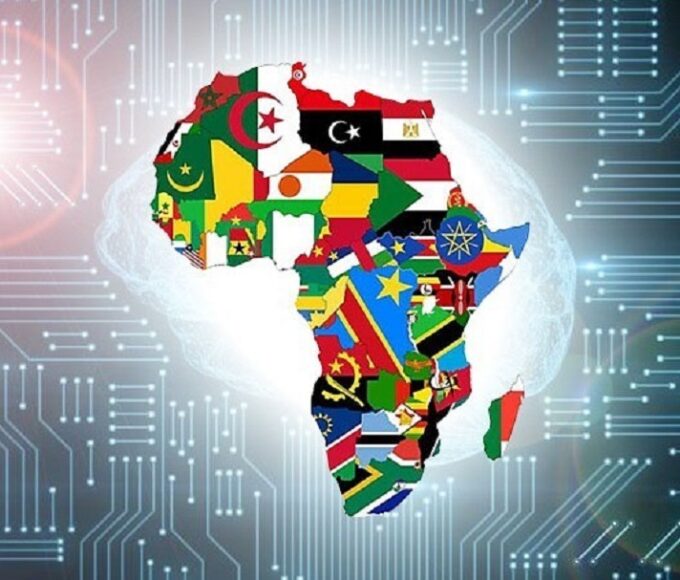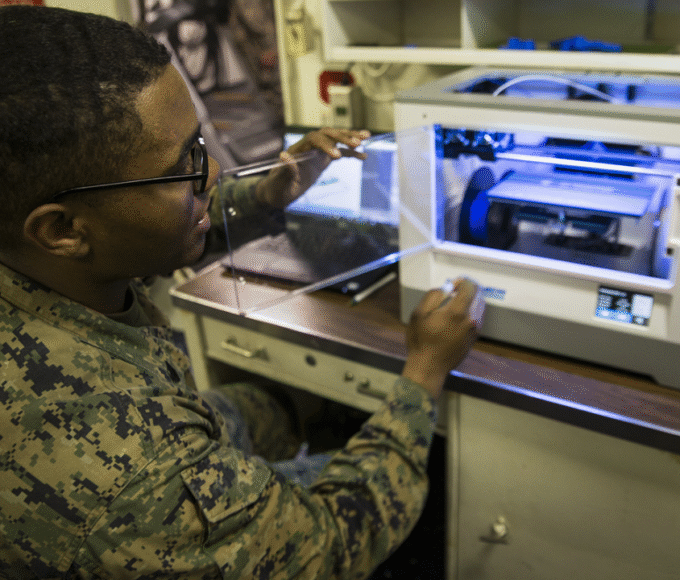Sudan’s Mining Revival Begins with Russia, Putting African Resource Control in Focus
This isn’t Sudan’s first dance with Russia in the mining space. The two countries have worked together on geological mapping since the 1970s.

Sudan is betting on rocks—and maps—to rebuild its economy.
The country has just received two comprehensive geological atlases from Russia: critical datasets, meant to replace mining intelligence lost over years of unrest, and political upheaval that left behind a struggling mining sector.
For Sudan, this represents a serious step toward rebuilding its mineral infrastructure.
The handover happened during the Kazan Economic Forum in Russia, where Sudan’s Undersecretary of Mineral Resources, Dr. Hind Siddiq, made the case for strategic recovery. Russia responded swiftly, delivering physical atlases and promising digital versions soon. It’s a data-for-development exchange that speaks volumes—not just about minerals, but about geopolitics, soft power, and how countries are repositioning themselves in a resource-hungry era.
This isn’t Sudan’s first dance with Russia in the mining space. The two countries have worked together on geological mapping since the 1970s. But this latest chapter, landing during a time of transition, is loaded with new stakes: economic survival, investor confidence, and regional influence.
Exploring Investment Potentials
The forum included a Russian review of Sudan’s mining investment potential, focusing on key sectors such as chromium and manganese. These minerals are of global importance, especially in the production of stainless steel and various alloys, making Sudan an attractive destination for foreign investment. The Sudan News Agency reported that discussions revolved around opportunities for Russian firms to participate in exploration, extraction, and processing projects within Sudan.The Sudanese delegation from the Ministry of Minerals recommended that Russian counterparts submit detailed technical analyses and proposals for future debate during the upcoming eighth session of the Joint Ministerial Committee, scheduled for June next year. These discussions are expected to pave the way for deeper cooperation, investment, and technology transfer.
A Call for Economic Integration and Mutual Development
At the forum, Sudan’s Ministry of Minerals underscored that in today’s interconnected global economy, economic integration is no longer optional but essential. The ministry emphasised the importance of sharing resources, expertise, and technological advancements to promote mutual development and stability between Sudan and Russia.
Dr Siddiq, who led Sudan’s delegation at Kazan Forum, highlighted the need for genuine relationships founded on trust, shared objectives, and equitable growth. She articulated that such collaborations could help Sudan achieve a more peaceful and prosperous future, leveraging the country’s mineral wealth and Russia’s technological expertise.
The relationship between Russia and Sudan in the mining sector dates back to the 1970s, with early collaborations focusing on geological, geochemical, and geophysical mapping—particularly in the Red Sea region. These foundational efforts laid the groundwork for later cooperation, notably during the Sudanese-Russian Joint Ministerial Committee established in 2013.
Over the years, several cooperative initiatives emerged, including the ambitious Sudan metallurgical map project at a scale of 1:1,000,000—a joint effort between Sudan’s Geological Research Corporation and Russia’s RoseGeo. The project aimed to comprehensively map Sudan’s mineral resources, facilitating targeted exploration and development. Although the initial phases were completed successfully, further progress was hampered by Sudan’s internal conflicts, which temporarily halted activities.
Why This Matters for Africa
Sudan’s renewed mining ambitions, backed by Russian technical data, are not just about one country’s economic recovery—they’re a glimpse into a growing trend on the continent: data-driven resource sovereignty. As African nations push to take greater control of their natural wealth, access to reliable geological data is becoming just as valuable as the minerals beneath the ground.
Russia’s delivery of geological atlases to Sudan may look like a bilateral exchange, but it underscores a larger shift: external powers deepening technical influence through resource partnerships—a space where China, the EU, and increasingly Russia are jockeying for presence.
For Africa, this raises key questions: Who owns the data? Who controls the narrative around our resources? And who benefits most from the digitisation of Africa’s subsoil?
With the African Continental Free Trade Area (AfCFTA) slowly but steadily unlocking cross-border trade, Sudan’s new data could one day feed into regional mineral corridors, from the Sahel to the Horn. It also presents a model for other conflict-affected states—like the DRC, South Sudan, or Mali—on how to rebuild critical infrastructure and attract responsible investment.
But perhaps most importantly, it reminds African tech and policy communities that infrastructure isn’t just roads and rail—it’s also datasets, maps, and metadata. And as the scramble for critical minerals accelerates in a green-tech economy, whoever controls that data will hold the keys to Africa’s next industrial leap.
Recent Posts
Categories
- Air & Aerospace17
- Border Security15
- Civil Security6
- Civil Wars4
- Crisis5
- Cyber Security8
- Defense24
- Diplomacy19
- Entrepreneurship1
- Events5
- Global Security Watch6
- Industry8
- Land & Army9
- Leadership & Training5
- Military Aviation7
- Military History27
- Military Speeches1
- More1
- Naval & Maritime9
- Policies1
- Resources2
- Security12
- Special Forces2
- Systems And Technology9
- Tech6
- Uncategorized6
- UNSC1
- Veterans7
- Women in Defence9
Related Articles
THE PUSH FOR MADE-IN-AFRICA AMMUNITION AND SMALL ARMS
For decades, Africa’s security has rested on foreign supply lines. More than...
ByKing Richard Igimoh, Group Editor ALONovember 4, 2025AFRICA’S BLUE ECONOMY: UNLOCKING A WAVE OF SUSTAINABLE GROWTH
Africa’s blue economy represents one of the continent’s most promising frontiers for...
ByKing Richard Igimoh, Group Editor ALOOctober 3, 2025SYSTEMS & TECHNOLOGY – 3D PRINTING AND AFRICA’S DEFENCE INDUSTRY REVOLUTION
In modern warfare, where speed and adaptability can determine survival, 3D printing...
ByKing Richard Igimoh, Group Editor ALOOctober 1, 2025AFRICA’S CYBERSECURITY LANDSCAPE: FOCUS ON TANZANIA
Africa’s cybersecurity landscape is rapidly evolving, driven by the increasing adoption of...
Byadmag_adminMay 31, 2025













